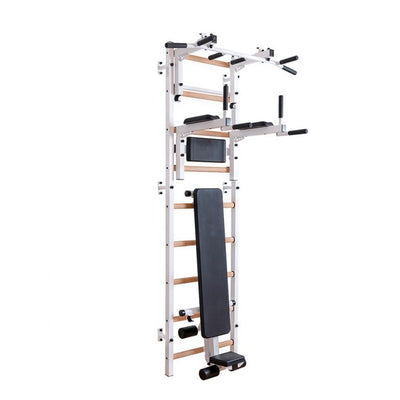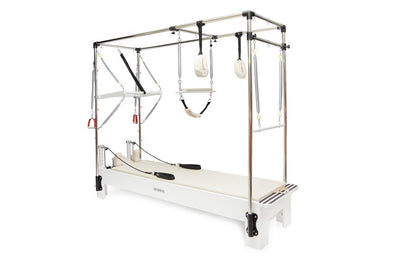
Pilates Instructor Salary: How much Do They Make?
One of the many draws to a career in Pilates instruction is the potential for a fulfilling wage. The flexibility of the job, both in terms of hours and locations, makes it a desirable profession for many. But how much can a Pilates instructor truly expect to earn? Let's dive in.
Factors Influencing a Pilates Instructor's Salary
-
Location: As with many professions, urban areas or cities with a higher cost of living generally offer higher salaries. Places with a thriving health and fitness culture may also provide instructors with better earning opportunities.
-
Experience: Newly certified instructors will likely start with a lower wage. However, as they gain experience and a loyal clientele, their earnings can see a significant uptick.
-
Specializations: Instructors who specialize in areas like rehabilitative or prenatal Pilates may charge higher rates due to their niche expertise.
-
Employment Type: Instructors employed by a studio may have a stable salary, but freelancers or those running their own studios might have fluctuating incomes based on clientele and session rates.
Comparing Salaries: Freelance vs. Studio Employment
While studio employment offers the advantage of regular clients and a consistent wage, it might come with commitments and overhead costs. Freelance instructors have the flexibility to set their own rates and schedules, but they bear the brunt of marketing and client acquisition. On average, as of my last update in 2021, studio-employed instructors in the U.S. might earn between $30,000 to $65,000 annually, while successful freelance instructors can earn upwards of $70,000, depending on their client base and location.
Additional Revenue Streams for Instructors
Diversifying income sources can bolster an instructor's earnings. This can include hosting workshops, selling Pilates-related merchandise, or offering online classes and tutorials.
Strategies to Increase Your Earning Potential
- Upskill with additional certifications and specializations.
- Network to expand your client base and professional connections.
- Offer package deals or memberships to encourage client loyalty.
- Leverage online platforms to reach a global audience.
Increase Your Salary with these Pilates Instructor Certification Programs
Pilates Instructor Training Programs
-
American Sports and Fitness Association - https://www.americansportandfitness.com/products/pilates-certification
-
Balanced Body - https://www.pilates.com/education/pilates-instructor-training/
-
Basi Pilates - https://www.basipilates.com/education/teacher-training-programs/
-
Peak Pilates - https://peakpilates.com/education/certifications/
- Equinox - https://www.equinox.com/landing/pilates-teacher-training
- Merrithew - https://www.merrithew.com/instructor-training/stott-pilates
Conclusion
A career as a Pilates instructor can be both rewarding and lucrative. By understanding the factors influencing earnings and actively working to diversify and increase income, instructors can make the most of their chosen profession.
FAQs
- Is there a peak earning period for Pilates instructors? While earnings generally increase with experience, the peak can vary based on individual career choices and market conditions.
- Do male and female instructors earn the same? Ideally, gender should not influence earnings. However, market demand and individual niches can play roles in salary discrepancies.
- Is it more lucrative to own a Pilates studio? Owning a studio has the potential for higher earnings but also comes with overhead costs and administrative responsibilities.
- Can online Pilates instruction match studio earnings? With the rise of digital fitness platforms, successful online instructors can match, if not surpass, traditional studio earnings.
- Do certifications from recognized institutes influence salary? Yes, instructors with certifications from reputed institutes often command higher rates due to perceived expertise.
« Back to Pilates Blog





